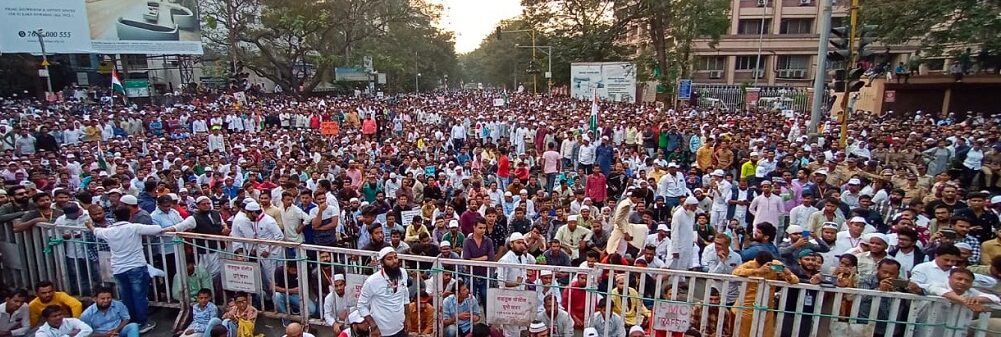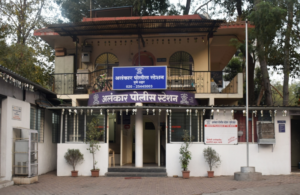Political unrest and its effect on mental health of people

By Tejaswini Bhave, Clinical Psychologist at Anhad
Pune: Since last few days India is getting stirred up with mass protests and the atmosphere is that of unrest. Especially the student community is constantly feeling the agitation around them.
As a mental health professional even I have been seeing clients getting deeply affected by everything happenings on the country’s socio-political horizon. The common complaints are feelings of uncertainty, helplessness, anger and worry, communication problems, relationships getting affected, peer pressure etc.
Even the persons suffering from anxiety disorders report increased physical and cognitive symptoms and panic attacks. The constant pictures, posts and news of anxiety provoking content lead to poorer daily adjustments and increased vulnerability for mental health issues. These are stressful times.
If you or your loved ones are going through the same, following measures will come handy.
1) First and foremost it is important to understand that there is little that we as individual can do to change the events happening at the national and global level. If the anxiety is causing more harm than leading up to something productive all we can aim at is to minimize the negative impact these events have on us.
2) It is best to stay informed but set some limits on consumption of this information. Be mindful about what kind of news you are reading and how it is affecting you. It is a good idea to turn off notifications about news and spend only required amount of time in watching or reading the news.
3) Empower your voice by conveying your opinion about the policies and decisions and events to people who are close to you, write about it, and talk to people constructively. Engage in positive civic and political activism. Join peaceful rallies, groups and relevant constructive debates. Remaining distant might lead to feeling powerless.
4) Connect with the community in meaningful ways. See if you can extend any kind of help to people who need it. Work at the grassroots. Be responsible information sharer; do not meddle in fear-inducing rumours. Be a contributor of effective change. Volunteer for good causes, mentor the less fortunate, and donate to causes. Being pro-social is good for your mental health.
5) Understand that not everyone has same opinions. Even your family and friends can have different opinions than you. Instead of engaging in heated conversations and conflict try to find what common views do you share. Are there any overlapping concerns that both the parties have?? Focus on that. Respect the right of other person to have his or her opinion. Don’t hate or loose important people in your life due to these conflicts.
6) Do not bottle up your emotions. If you feel overwhelmed and are unable to go around your daily activities, then seek support of friends, your teachers, parents or even mental health professionals. Suppression of emotions leads to many other harmful issues.
7) Take care of yourself. Sleep well, eat well, and stay hydrated. Engage in activities that calm you down. Practice meditation or deep breathing. Pray. Find emotional support through books. Play some sport. Nurture your hobbies. Take a break from social media. Go on a small picnic.





